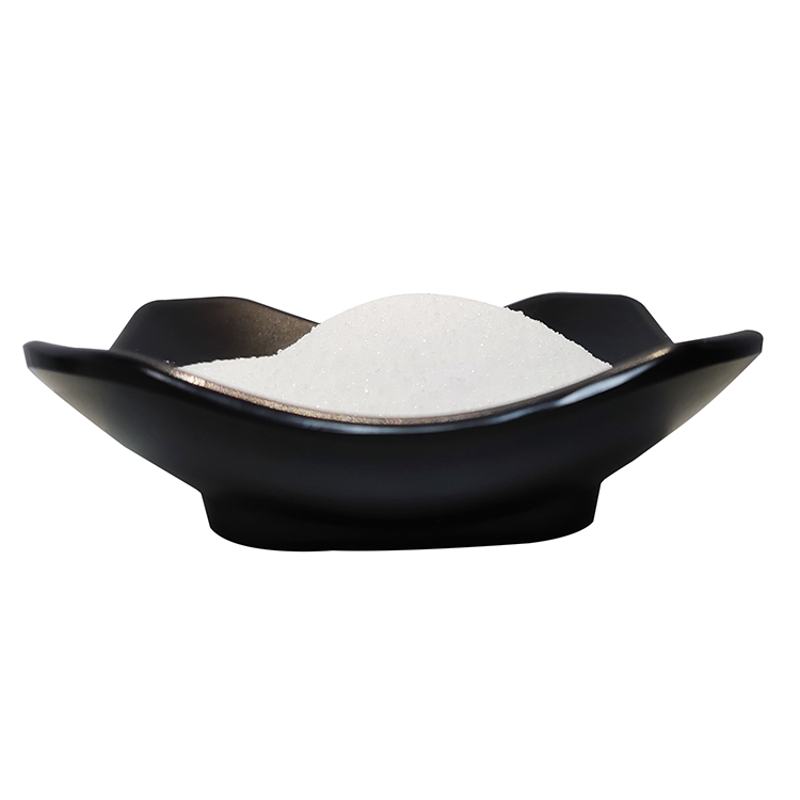-
Categories
-
Pharmaceutical Intermediates
-
Active Pharmaceutical Ingredients
-
Food Additives
- Industrial Coatings
- Agrochemicals
- Dyes and Pigments
- Surfactant
- Flavors and Fragrances
- Chemical Reagents
- Catalyst and Auxiliary
- Natural Products
- Inorganic Chemistry
-
Organic Chemistry
-
Biochemical Engineering
- Analytical Chemistry
-
Cosmetic Ingredient
- Water Treatment Chemical
-
Pharmaceutical Intermediates
Promotion
ECHEMI Mall
Wholesale
Weekly Price
Exhibition
News
-
Trade Service
Image: A microfluidic chip that integrates all elements of the system is printed on a
3D printer.
Image credit: Rodion Narudinov/UrFU
Scientists at Ural Federal University (UrFU) have developed a new sensor device for determining the level
of cholesterol in the blood.
The system does not use protein compounds, i.
e.
enzymes
.
Chemists replaced them
with an inorganic analogue, copper chloride.
This makes the process of making a cholesterol meter cheaper and makes blood testing easier, faster, and easier
.
"The determination of cholesterol currently uses colorimetry, chromatography and enzymes
.
However, these methods either use extremely aggressive reagents, use complex and expensive equipment, or extract biomolecules from living organisms as sensitive elements – enzymes
– that recognize and determine cholesterol levels.
For example, certain species of bacteria produce cholesterol oxidase
.
In addition, enzymes are natural polymers, proteins, therefore, they are easily denatured, requiring certain storage conditions, temperature and acidity regimes
.
We decided to choose a non-biological analogue of this enzyme to make the cholesterol analysis process cheaper, easier, and faster
.
One of the most affordable options is copper chloride, which we first found to be highly sensitive to cholesterol," explains
Andrei Okhokhonin, associate professor at the Department of Analytical Chemistry at the University of Urfur.
With this new device to measure cholesterol levels, a small amount of blood is sufficient
.
The blood is placed in
an analytical chip containing a solution of copper chloride and acetonitrile.
An electrode is integrated into the chip that is connected
to a voltammetric analyzer that gives the analysis results.
The new chip for analyzing cholesterol levels also has the advantage of containing magnetic nanoparticles, polymers with molecular imprints that selectively absorb cholesterol and screen out any other signature substances
that make up the blood.
"Molecularly imprinted polymers need to efficiently separate
cholesterol from other substances in the blood.
After a variety of choices, we chose ethylene glycol dimethacrylate as the crosslinker and vinylpyridine as the functional monomer
.
Polymers synthesized on the surface of magnetic nanoparticles effectively adsorb cholesterol, so we can talk about high selectivity for the analysis, since there is no interference from other substances," emphasizes Andrei Okhokhonin
.
The microfluidic chip that integrates all the elements of the system is printed on a 3D printer, which also facilitates the production process of the device and makes it faster
.
The scientists noted that the first tests they conducted were not on biological samples, but on
model solutions that simulated serum.
The next stage of the researchers' work is to test the system
on real blood samples.
For several years, scientists have been researching and developing enzyme-free sensors for the determination of many important biological substances such as glucose, urea, creatinine, and others
.
Alcohol detection







